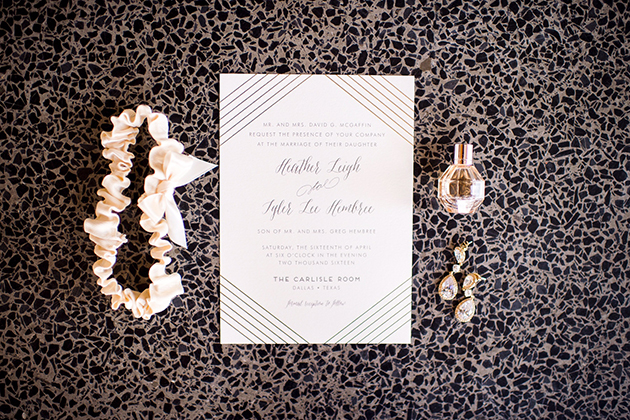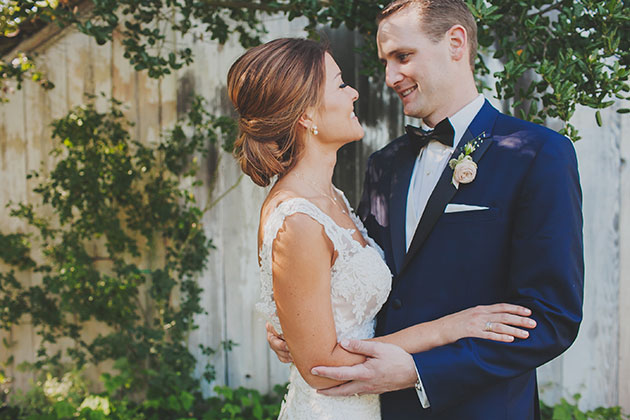The art of being mindful has become a big topic of discussion lately, but what, exactly, is it?
At its core, being mindful simply means being present in the moment and focusing on all of the sensory details of your environment, how you’re feeling, and what people around you are saying to you.
Considering we all seem to be glued to our screens — even when we’re out with friends we haven’t seen in ages — practicing mindfulness is certainly something we can all benefit from. It’s been linked to such mental health benefits as lowering anxiety, depression and stress and improving your mood. Mindfulness has even been shown to help reduce the number of disputes that couples get into, making for a happier, healthier relationship.
Ready to get in on all the benefits mindfulness has for your relationship? Here’s what experts have to say on the things that mindful couples do differently.
Mindful couples nip arguments in the bud
We’ve all been there. Something that your S.O. does regularly is getting to you. Maybe it’s leaving the dishes in the sink again, or something more serious, like texts from the girl at his office that you’ve been meaning to bring up but haven’t. If you were being mindful about how each of these situations was impacting your mood, therapist Evie Shafner says you’d be able to address it with your partner without the conversation exploding into a big fight once you finally feel like you can’t keep your mouth shut any longer.
“The practice of mindfulness, paying attention in the present, on purpose, in a non-judgmental and compassionate way, gives us the ability to catch those stressful feelings bubbling up before we act on them,” she explains. “The willingness for each partner to practice this very learnable skill is what can really enhance a relationship. Each partner has to learn to spot these negative feelings before they become reactive, to stop before we harm. Mindfulness is a skill we can truly integrate into our lives so that it becomes natural. Once it becomes natural, then it’s always there for us. We then become our own self-soother, and we can automatically give ourselves the time to choose how we want to act in a moment of stress with our partner — hopefully, with safety and kindness!”
Mindful couples are in tune with each other
Not only are mindful couples hyperaware of how a given situation with their partner makes them feel, but they’re so in tune with their significant other that they’re able to anticipate their actions and spot when something might be off. “Being connected to a person means you’re just that — connected,” explains relationship expert Alexis Nicole White. “You can read their body language, their minds and predict their behaviors. When you’re in tune with a person, you are being mindful of who they are, what their needs and wants are, and what their expectations are. Allow them to take the priority in your life, demonstrating to them that they are equally as important as your career, children, and even personal values are. Be as in-tune with them as if this were in the beginning stages of the relationship and not years down the line.”
See More: Wedding Planning Stress: Why It’s Okay to Not Be Okay
They admit when they’re wrong
Not only do mindful couples admit when they’re wrong, but they approach each situation with the belief that the fact that they could be wrong is very much a possibility that’s on the table. “Approaching every difference with the mindset of ‘I may be wrong’ allows couples to put aside their own feelings, beliefs, fears and worries, and focus on what their partner is saying,” author Phillip Petree explains. “This is an extremely difficult position to take and requires focus and mindfulness.”
They communicate effectively
When you’re not present in a disagreement you’re having with your partner, it’s very common to feel like you’re not being understood, and vice versa. Therapist Carl Grody says that this is a common problem among couples having difficulties, and an area where mindfulness can be especially helpful for solving issues. “Each couple that I work with is unique, but there are similarities in the way that their patterns of communication break down,” he explains. “They’ve developed a pattern that is more concerned with keeping the peace than in resolving issues. These arguments often end with one person or the other feeling so anxious and upset that they shut down the conversation before it can be resolved.This is where a bit of mindfulness helps.
“The phrase ‘mindfulness, sounds complex,” he continues, “but it really just means finding a way to stay in the moment. By simply learning to recognize the pattern of shutting down, and then reducing anxiety’s impact in the discussion, couples feel safer trying to resolve their disagreement.”
This post was originally published on ClassPass’s blog, The Warm Up by Danielle Page. ClassPass is a monthly membership that connects you to more than 8,500 of the best fitness studios worldwide. Learn more here.

































